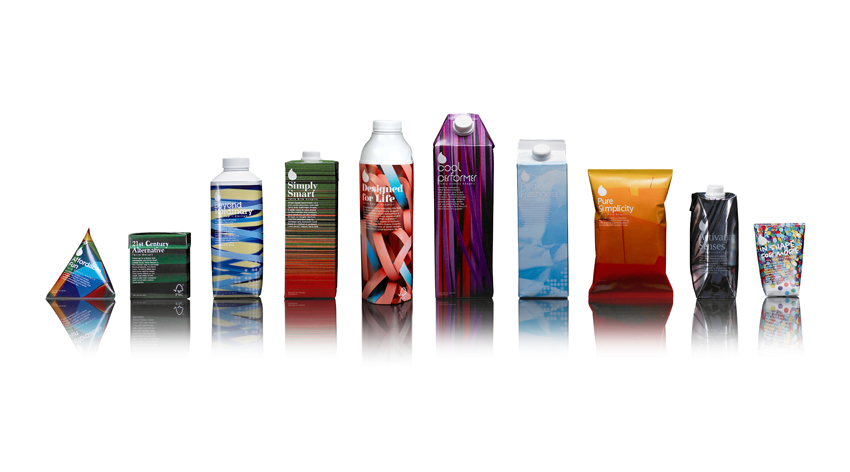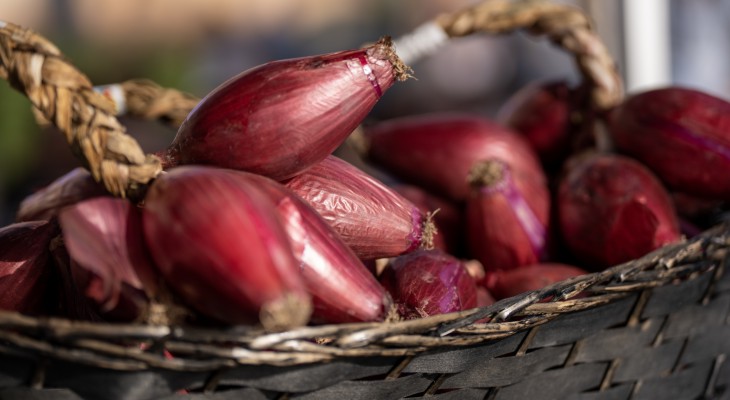
Tetra Pak is convinced of this: sustainability applied to food packaging is to be considered a factor of competitiveness in the future. And this is well demonstrated by the fact that globally, the impact on the environment influences the purchasing decisions of 1 out of 2 consumers. It is no coincidence, in fact (and this is confirmed by the latest global survey conducted by the Tetra Pak Group on approx. 6,000 consumers) that awareness of environmental concepts (37% compared to 29% in 2011) and attention to these issues (+7%) has increased, but above all, the influence of the impact on the environment has grown in purchasing decisions (50%, + 28% compared to 2011).
The protagonists of this evolution in consumption are the Millennials, characterized by a green lifestyle and active in safeguarding the environment: 53% would like to do more to protect it.
And sustainability for young people is one of the 5 main reasons for choosing a packaging. The other 4 are: aesthetic appeal, handling, ease of drinking, possibility to close the container.
“In the food packaging field, sustainability must be demonstrated in practice to be understood by consumers – said Michele Mastrobuono, Environment and External Relations Director of Tetra Pak Italia during the Brand’s workshop ‘The 3 R’s of sustainable packaging’ – Tetra Pak’s strategy is to apply this criterion to the entire life cycle of cardboard for foodstuffs”.
The green strategy
In Italy, Tetra Pak every year puts over 4.5 billion food packages on the market. The entire the life cycle of these containers is managed with a careful approach to the environmental impact. Starting with the raw materials. On the Italian market, over 4 billion packages, 90% of the total, are FSC™ (“Forest Stewardship Council”) certified, that is, produced using pulp from forests managed in a responsible manner. The goal is to reach 2020 with all packaging certified. Moreover, last year Tetra Pak launched a 100% renewable cardboard, Tetra Rex® Bio-Based, composed entirely of materials of plant origin, which won the 2015 Packaging Oscar for the environment. Continuing in the life cycle of these packages, Tetra Pak is committed to reduce consumption in production: in 2014, CO2 emissions were down by 8% over the previous year. A figure reinforced by signing the public appeal of intentions for a more stable and secure climate, launched at the UN COP21 Conference on Climate Change in Paris.
Tetra Pak’s commitment to the environment continues with the diffusion of separate collection of food cartons. In just over 10 years, thanks to the Memorandum of Understanding signed with Comieco, 67% of the Italian population now has this service, active in almost 5,000 municipalities. In 2015, 22,700 tons of Tetra Pak food packages were recycled. “A result we are proud of – says Mastrobuono – also because we have done it in the field, municipality by municipality, helping to spread awareness on the importance of recycling waste for environmental protection. With the recovery of food cartons after consumption – concludes Mastrobuono – the life cycle of this packaging continues thanks to recycling into other forms, such as shopping bags or absorbent rolls”.




